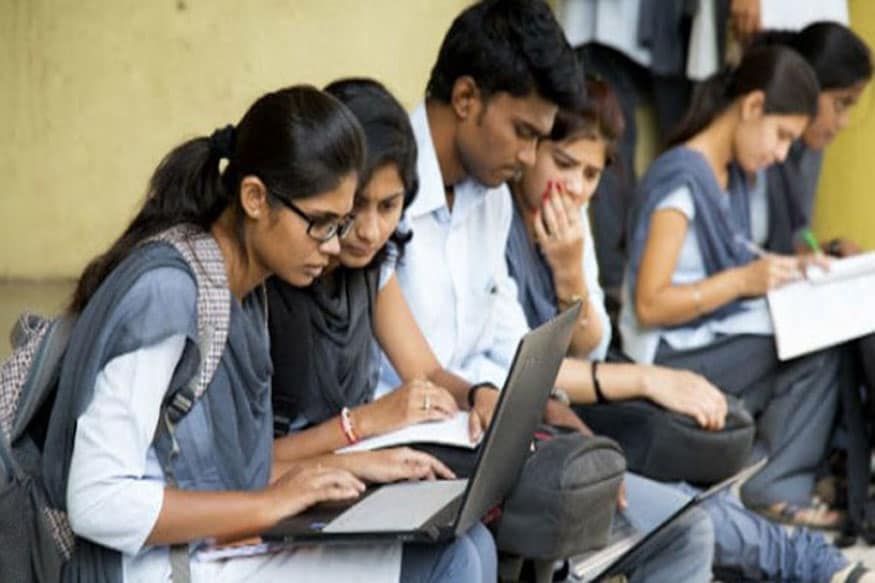The education board has recently issued directives to all District Inspector of Schools (DIOS) regarding the conduct of practical examinations. These measures aim to enhance transparency and integrity in the examination process, ensuring that all practical assessments adhere to strict guidelines. This initiative underscores the board’s commitment to maintaining high educational standards and preventing any form of malpractice during evaluations.
Implementation of CCTV Monitoring
The core directive emphasizes that all practical examinations must be conducted under the vigilant watch of Closed-Circuit Television (CCTV). This requirement serves multiple purposes, including:
- Preventing malpractice and cheating during practical exams.
- Enhancing the overall integrity of the examination process.
- Providing a recorded account of the examinations for future reference.
Steps for Schools to Comply
Schools are expected to adhere to the following steps to comply with the board’s directives:
- Install CCTV cameras in all practical examination rooms.
- Ensure that the recordings from these examinations are securely stored.
- Establish a system for reviewing and accessing these recordings if needed.
Benefits of CCTV Surveillance in Practical Exams
Implementing CCTV monitoring in practical examinations offers several advantages, which include:
| Benefits | Description |
|---|---|
| Increased Transparency | Recording the examination process provides a transparent view of how assessments are conducted. |
| Deterrence of Malpractice | Knowing that examinations are being recorded can discourage students from engaging in dishonest practices. |
| Evidence for Dispute Resolution | In case of disputes regarding exam conduct, recorded footage can be referred to for resolution. |
Conclusion
In conclusion, the education board’s directive to monitor practical examinations through CCTV surveillance is a significant step towards ensuring the credibility and integrity of the examination process. By mandating that all practical assessments are recorded and securely stored, the board aims to foster a fair and transparent environment for students. This initiative not only promotes academic honesty but also enhances the overall quality of education in schools. As schools take the necessary measures to comply with these directives, it will be interesting to observe the long-term impacts on the examination culture.
